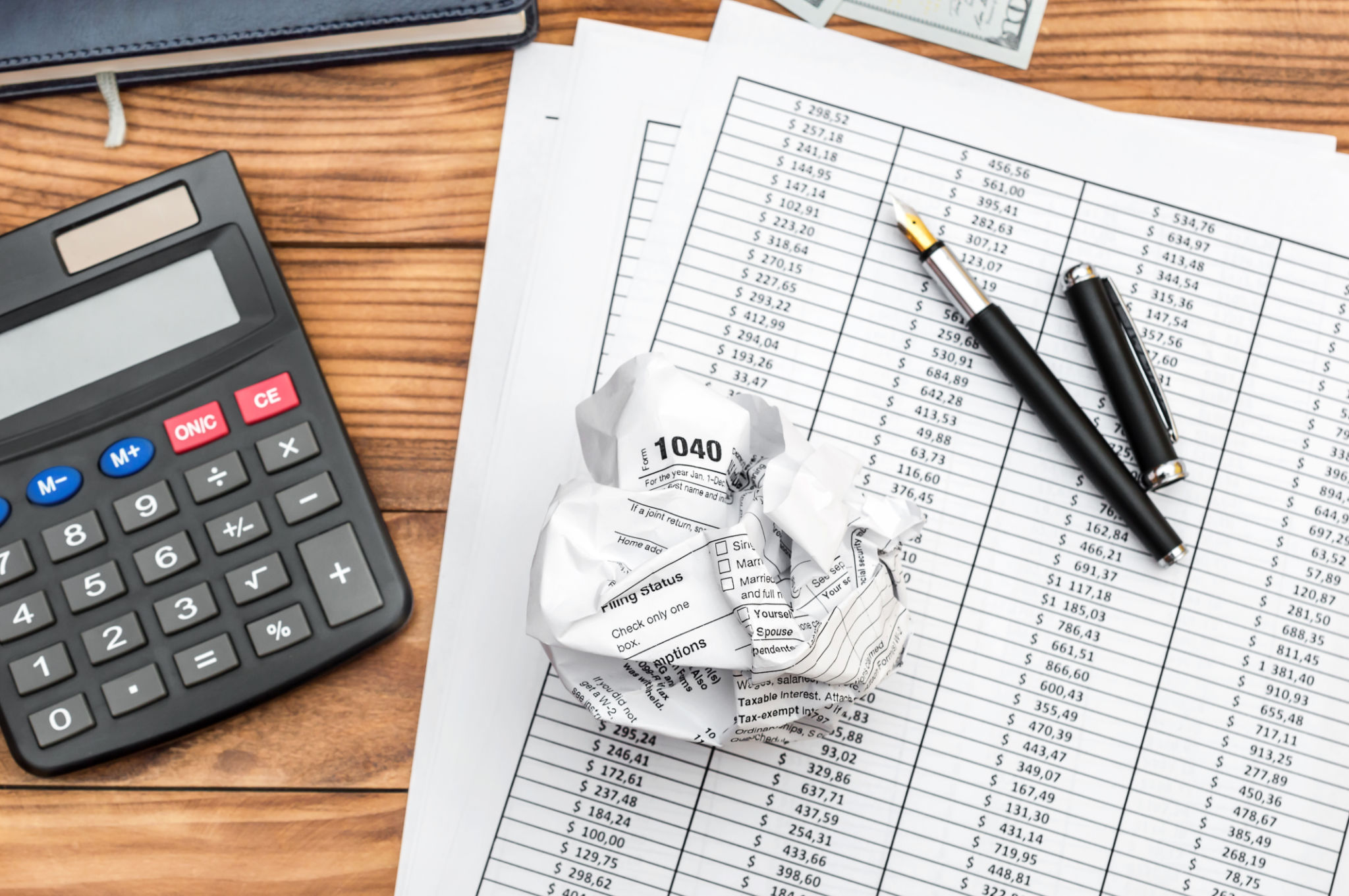Navigating Tax Season in Clackamas County: A Comprehensive Guide
Understanding the Basics of Tax Season
Tax season is an annual occurrence that many people find daunting. In Clackamas County, knowing the basics can ease the stress considerably. Understanding deadlines, necessary documents, and available resources is crucial for a smooth experience.
Every year, tax season officially begins in late January and generally ends on April 15th. However, these dates can vary slightly, so it’s important to double-check each year. Being aware of these deadlines will help you stay on track and avoid any last-minute rushes.

Essential Documents You Need
Gathering your documents ahead of time will make the tax filing process much easier. Here’s a quick checklist of what you might need:
- W-2s from employers
- 1099 forms for additional income
- Interest and dividend statements
- Receipts for deductible expenses
- Previous year’s tax return
Having these documents ready will ensure that you don’t miss out on any potential deductions or credits.
Local Resources and Assistance
Clackamas County offers several resources to help residents with their tax filing. The local library often hosts tax preparation workshops, and there are numerous volunteer organizations that provide free assistance for qualifying individuals.

For those who prefer digital assistance, online platforms like TurboTax and H&R Block offer user-friendly interfaces to guide you through the process. Many of these services offer free versions, depending on your income level.
Understanding Deductions and Credits
Knowing the difference between deductions and credits can significantly impact your tax outcome. Deductions reduce the amount of your income that is taxable, while credits directly reduce your tax bill.
Common deductions include mortgage interest, state and local taxes, and charitable donations. Credits, such as the Earned Income Tax Credit or Child Tax Credit, can provide substantial savings.

Filing Options: DIY or Professional Help?
Deciding whether to file taxes yourself or hire a professional is a personal decision. If your financial situation is straightforward, using tax software could be sufficient and cost-effective.
However, if you own a business, have multiple income streams, or experienced significant life changes, consulting a certified public accountant (CPA) could be beneficial. A professional can offer personalized advice and ensure accuracy.
Common Mistakes to Avoid
Even the most seasoned filers can make errors. Common mistakes include incorrect Social Security numbers, overlooked income, and missing signatures. Double-checking your return can save you from potential headaches down the line.

Additionally, ensure that you’re using the correct forms. Filing the wrong form can delay processing and might result in penalties.
After Filing: What to Expect
Once you’ve filed your taxes, it’s important to keep copies of your return and supporting documents for at least three years. This is particularly important in case of an audit.
If you’re expecting a refund, you can track its status using the IRS’s “Where’s My Refund?” tool. Refunds are typically issued within 21 days if you file electronically.
Final Thoughts
While tax season can be stressful, being prepared and informed can make the process much smoother. Utilize local resources, understand your filing options, and take the time to review your return carefully. By doing so, you can navigate tax season in Clackamas County with confidence.